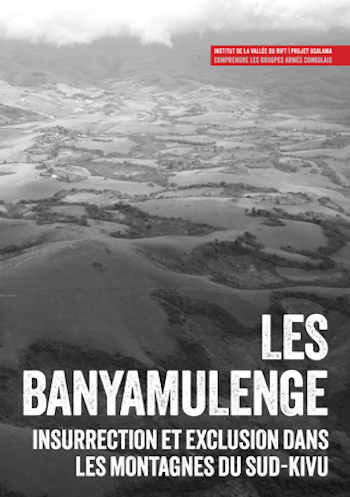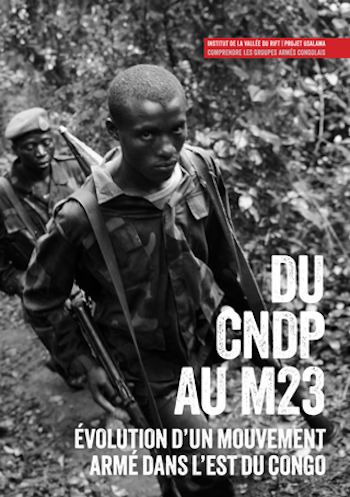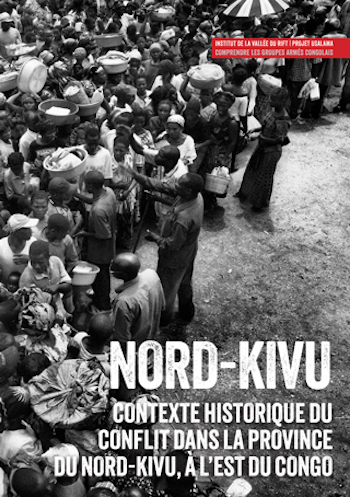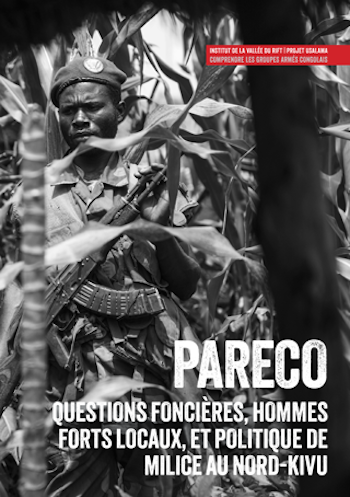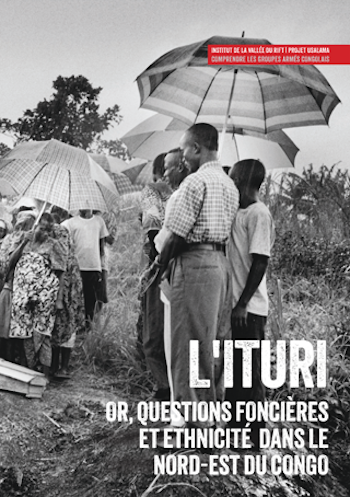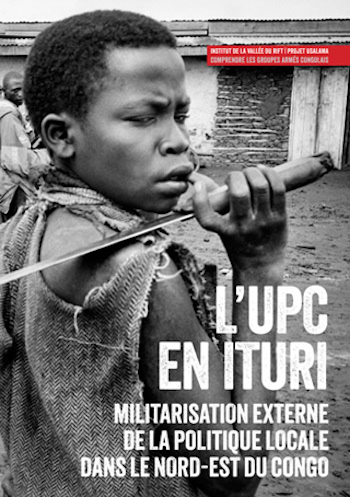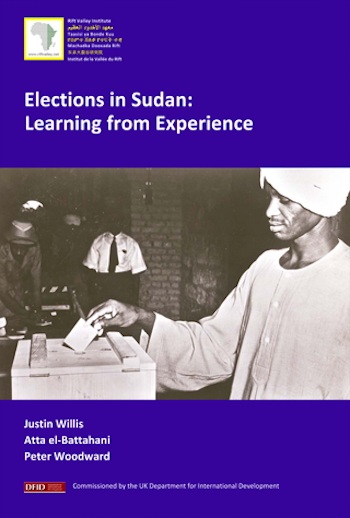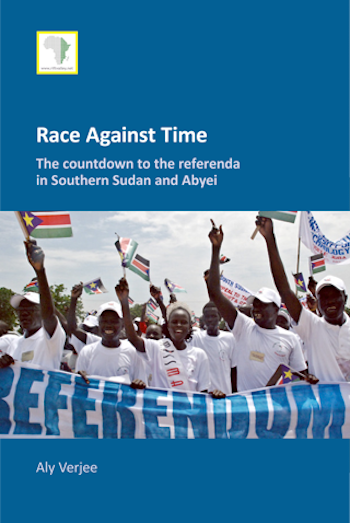Ce rapport Usalama par Jason Stearns et al. examine les Banyamulenge, une communauté Tutsi vivant dans l’est de la RDC qui s’est trouvée au coeur des multiples conflits qui sévissent de manière intermittente dans l’est de la RDC depuis…
RVI publishes books, research reports, research papers, briefings and meeting reports in a range of formats. Publications cover policy, research, arts, culture and local knowledge in the countries of eastern and central Africa. Research publications—books, reports and papers—are peer-reviewed. Some RVI publications are also available in French and/or Arabic.
The RVI is a signatory of the Budapest Open Access Initiative (2001); all publications are free for download in PDF format under Creative Commons licences. The views expressed in books and reports published by the RVI are those of the authors, not the Institute.
SEARCH
PUBLICATION TYPE
LANGUAGE
REGION
COUNTRY
Ce rapport du Projet Usalama explore les racines de la plus récente rébellion dans l’est de la RDC. Il discute aussi les implications de la rébellion sur les voisins à l’est de la RDC, le Rwanda et l’Ouganda, qui…
Ce rapport du Projet Usalama résume le contexte historique de la profusion des groupes armés qui ont surgit dans les deux dernières décennies dans la province du Nord-Kivu en RDC. Le rapport sert à démystifier les nombreux factions armées…
Ce rapport du Projet Usalama traite des origines et activités de la PARECO, la Coalition des patriotes congolais résistants, une faction qui a surgit de griefs locales au sujet de questions foncières, devenait puissant comme réponse au CNDP et qui…
Ce rapport par Dan Fahey fournit le contexte historique des années de conflit dans le district de l’Ituri dans le nord-est du Congo. La nature particulièrement violente de la guerre qui sévit en Ituri––massacres à grande échelle, violences sexuelles…
Ce rapport Usalama par Henning Tamm étudie la convergence des facteurs qui ont contribué à la formation puis à la dislocation de l’Union des patriotes congolais (UPC), l’un des groupes armés les plus puissants de l’Ituri. Créée dans le contexte…
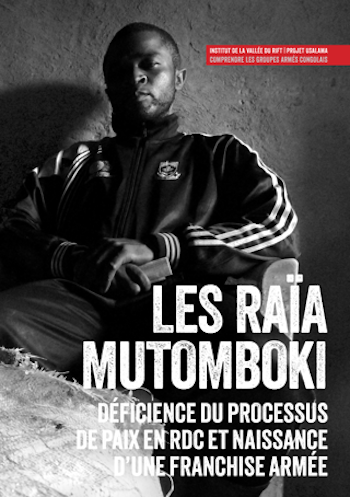
- By Jason Stearns
- Download
Ce rapport du Projet Usalama décrit les origines, l’évolution rapide, l’expansion et les activités de cette force diverse. Le groupe débuta comme une réponse locale à l’insécurité endémique, mais profita des déficiences dans les différents processus de paix à…
This report examines Sudan’s history of elections, and asks why they have failed to produce the kind of stable yet dynamic government in Sudan that the secret ballot is intended to encourage. Elections in Sudan analyses the varied forms of malpractice…
Published on the eve of voter registration for the referendum in South Sudan, Race Against Time analyses the unresolved procedural problems, technical difficulties, and disputes threatening the self-determination process. The report includes timelines, a guide to electoral bodies, comparisons…
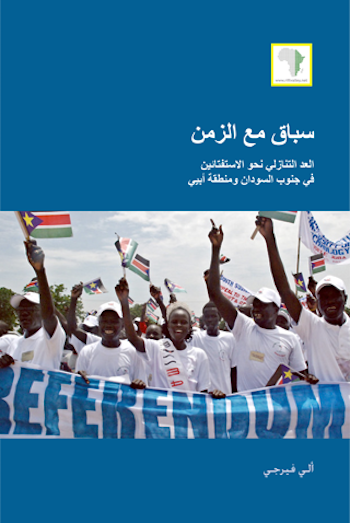
- By Aly Verjee
- Download
إن تقرير سباق مع الزمن الذي ينشر أثناء فترة تسجيل الناخبين لإستفتاء جنوب السودان يحلّل المشاكل الاجرائيّة المستعصية والصعوبات الفنيّة والنزاعات التي تهدد عمليّة تقرير المصير في جنوب السودان وابيي. ويوفر التقرير خطوطاً زمنيّة وموجّهات لبهيئات الانتخابية ومقارنات مع…
Recent Publications

Rethinking Aid in Sudan and South Sudan
January 28, 2026
The brief draws on a joint convening held in Kampala, Uganda, in November 2025, which brought together more than 45 Sudanese and South Sudanese participants representing more than 30 grassroots organizations and international NGOs. Its primary objective is to amplify

EWNET Writes: Writing Workshop Session I
December 18, 2025
The Ethiopian Women Researchers Network (EWNET) inaugural writing workshop series aims to not only provide women researchers with uninterrupted time for their scholarly projects, but also build a supportive academic community. The first session, entitled ‘EWNET Writes: Writing Workshop Session

SSC-Khaatumo: Perspectives on the significance and implications of its formation
December 12, 2025
On 15 April 2025, during a visit to the city of Las Anod in Sool, Prime Minister Hassan Abdi Barre officially declared the federal government’s recognition of SSC-Khaatumo (SSC-K hereafter) as a federal member state, marking an important milestone in

